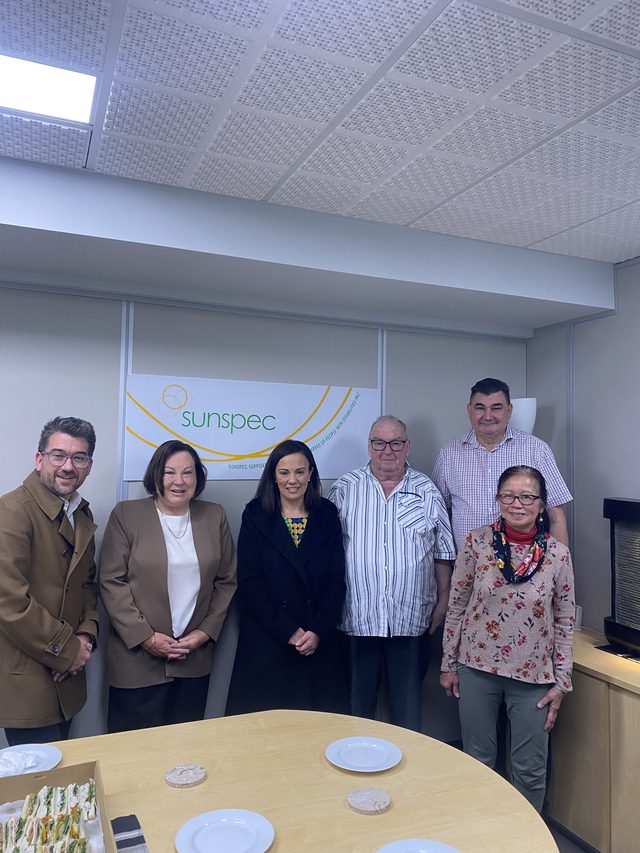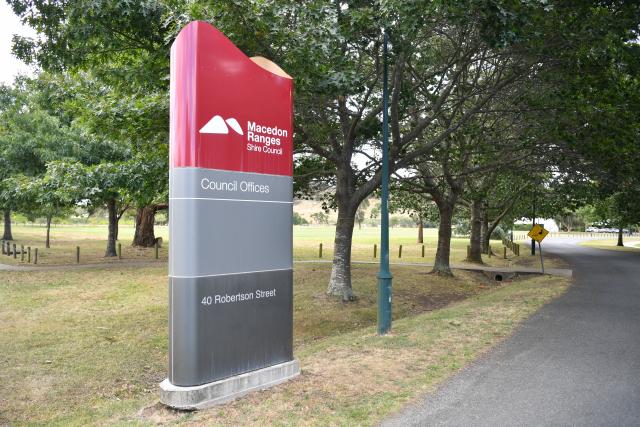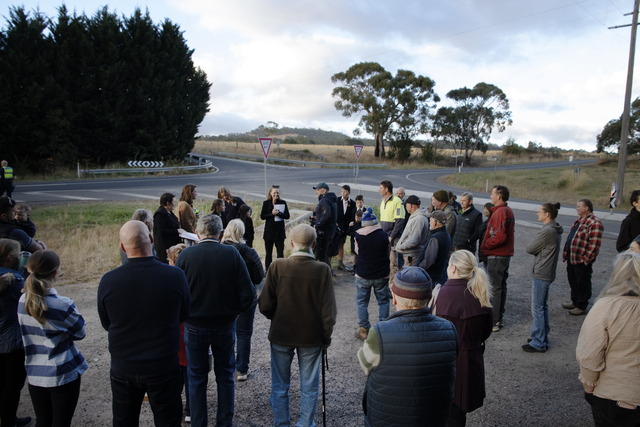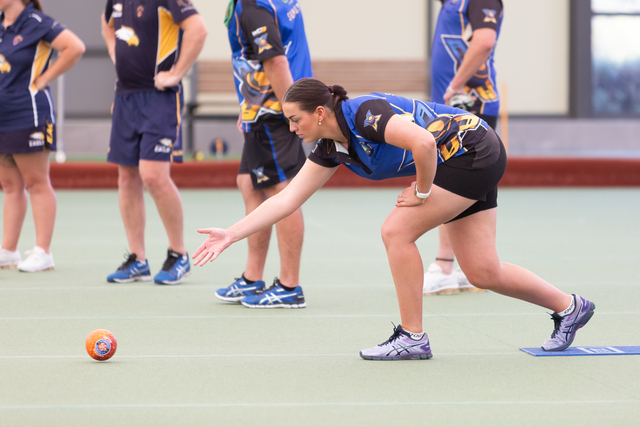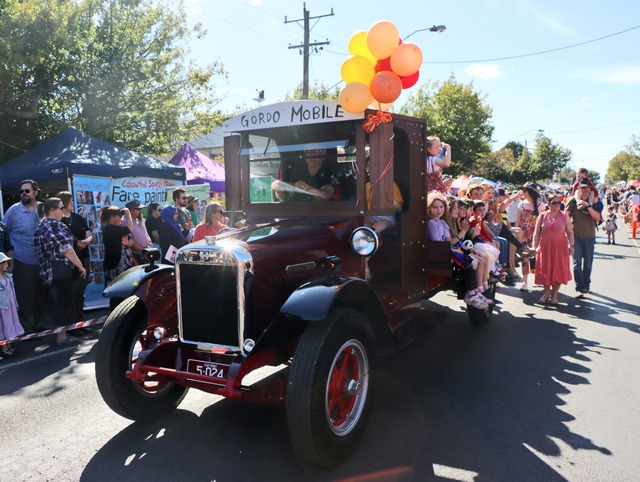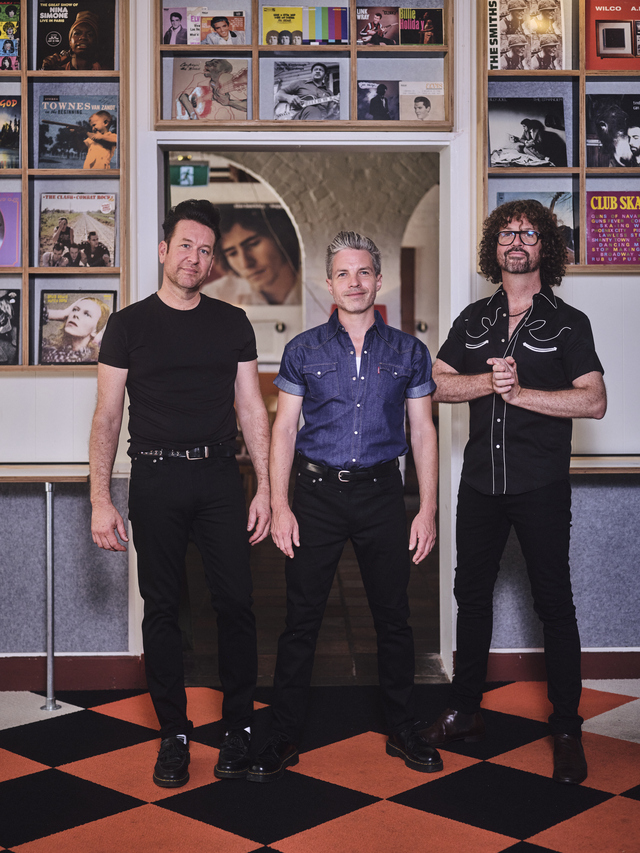As the National Disability Insurance Scheme (NDIS) nears the 11th year since its launch, carers in Sunbury have been reflecting on the changes to the scheme and how they are gaining more recognition.
The NDIS began its rollout in 2013, with the trial and transition concluding in 2020. It now supports more than half a million adults and children with disability.
For Sunbury local, and mum of a child being supported by the NDIS, Julie Learold said it’s been nice for carers to get more recognition.
“My son [is] nearly 24… [and] I used to do groups like SunSpec (which supports carers). When the NDIS came in, carers [supports] were taken away,” she said.
“Now the NDIS has settled and things are starting to be seen as ‘oh we need to look after carers as well, because without carers we are going to be paying a lot more in services for people to [get] looked after.
“Now they’re releasing the carers do [make] a difference and that’s good to see. I think the scale is starting to tip the carer’s way a bit more.”
While Mrs Learold said her son- who has verbal dyspraxia- can self-manage, her family’s life has been changed forever.
“I’m kind of lucky because he’s self managed… I try to get him to do things on his own. He showers himself, has breakfast, I get him in the car and we go to Distinctive Options (a disability support organisation).
“He has verbal dyspraxia which means between his brain and his mouth he can’t speak. He says ‘yes’ ‘no’ and has probably about 1000 words in his vocabulary. Being his mother I always know what he wants.
“[However] I can’t go back to work because I haven’t got anyone to pick him up at 3pm. I [used to] work in town until 6pm at night. I don’t expect people to run after him so I gave up my career.”
The sacrifices Mrs Learold has made to care for her son paint a picture of reality a lot of families in and out of the NDIS face.
Disability Minister Lizzie Blandthorn met with Mrs Learold and other careers in Sunbury last week, amid the announcement that 72 self-help groups will receive a grant.
When asked if there is enough carer recognition in the NDIS at the moment, Ms Blandthorn said she definitely thinks there is room for improvement.
“There is room for improvement for NDIS to better work with carers, so one of the things for example that the NDIS review found is a better need for supporting people to navigate the [scheme],” she said.
“It also needs to recognise that people who are carers know their person with a disability better than anyone else. Any outcomes of the review really need to ensure that the carer is a part of the conversation.
“It was envisaged that the NDIS would give people with disability independence, often from their carer at times but that doesn’t mean without their carers.”
Ms Blandthorn said the NDIS should be able to achieve these things for the person with disability and carers.
“If we do proper co-design, talking to people with disability and to their carees about what it should look like, then I think that will happen.”

